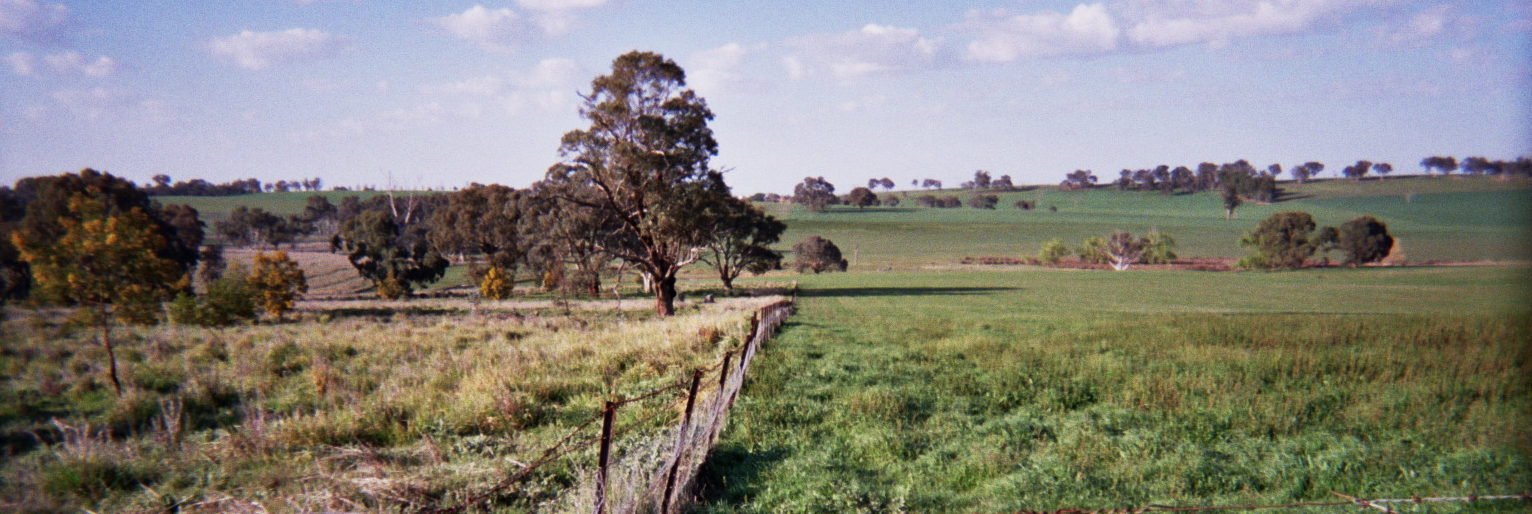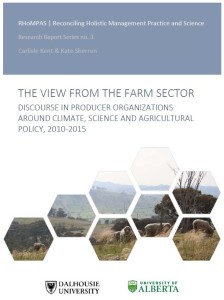Happy to announce another paper out of our Reconciling HM project, based on work Carolyn Mann led after her MSc. Our overarching question for her work has been, “are HM farmers born or made?” and that has indeed been an elusive question to answer. We started by talking to HM trainers across North America, and certainly learned that the paradigmatic shifts are seen as the most important by trainers but also more challenging to teach and to adopt than grazing skills; that work was published in Sustainability last year.
This new paper, recently out in Ecology & Society, used Q method with a set of HM trainers, as well as farmers variously identifying as HM or ‘somewhat HM’. Sorting of statements about farming that were selected as being generically systems or traditional in nature revealed archetypes that reveal the trainers to be firmly systems experts, and trainees to be more weakly aligned with systems thinking though in some cases aspirational. Our question remains: does HM training attract those with the capacity for systems thinkers, which will necessarily be a subset of all farmers, or can it indeed be taught?





